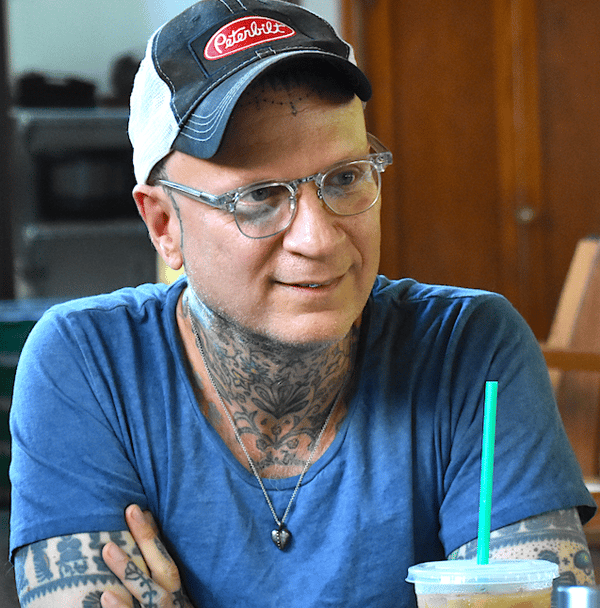Addressing arguments, fights, hostility, conflict, spats, misunderstandings, tension, Ill feelings & falling outs without conflict avoidnace
Dharmapunx NYC
josh korda
4.8 • 886 Ratings
🗓️ 13 December 2017
⏱️ 60 minutes
🧾️ Download transcript
Summary
Transcript
Click on a timestamp to play from that location
| 0:00.0 | I don't know what I'm talking about. Anyway, I better to start with this. So tonight's talk is about resolving feuds, guables, disconnections, fights, uncomfortable situations without using avoidance coping and why it's so important to |
| 0:26.0 | resolve these issues without avoiding and I'll talk about the toll of avoidance coping and I'll talk about |
| 0:38.8 | ways to safely do the work of addressing the underlying emotional dread of reconnecting with a difficult person |
| 0:48.8 | and then also talk about the ways we safely do that and hopefully my voice will sustain me through this. |
| 0:57.0 | Then we'll have a meditation where we actually practice the tools. |
| 1:01.0 | So, earliest most pain So earliest |
| 1:05.0 | most painful memories in life |
| 1:08.0 | involve tension with our caregivers, |
| 1:12.0 | the adults around us, human beings are social species and we are an attachment species. We are set up with a core drive to attach to others. |
| 1:25.0 | At first that core drive is, of course, the infant attaches |
| 1:30.9 | to an adult to have its needs met. |
| 1:36.4 | And it gets its needs met |
| 1:38.0 | by emotionally expressing its needs to the parent. |
| 1:43.0 | Infants and even toddlers don't use language, obviously, to express their needs. |
| 1:50.0 | They use the very most fundamental parts of emotions, which are essentially they express |
| 2:00.0 | their inner distress externally through cries, through laughter, through body movements. |
| 2:11.4 | And so to the degree that the infant is emotionally seen and understood by the caregiver creates a sense of a secure base and the child then moves into life with a sense |
| 2:26.7 | that other people won't abandon it when they feel distressed. and human beings because of our very |
| 2:37.6 | neurological setup we don't achieve what's called homeostasis where we're essentially back in a neutral stay after |
| 2:47.5 | we're activated by an unpleasant event. |
| 2:50.2 | We don't return to essentially calmness until we connect, feel the feelings, and disclose the feelings to another human being. |
| 3:00.0 | It's called co-regulation. Other species can auto-regulate entirely. If you're a bird, you're startled, you can actually |
... |
Please login to see the full transcript.
Disclaimer: The podcast and artwork embedded on this page are from josh korda, and are the property of its owner and not affiliated with or endorsed by Tapesearch.
Generated transcripts are the property of josh korda and are distributed freely under the Fair Use doctrine. Transcripts generated by Tapesearch are not guaranteed to be accurate.
Copyright © Tapesearch 2025.

